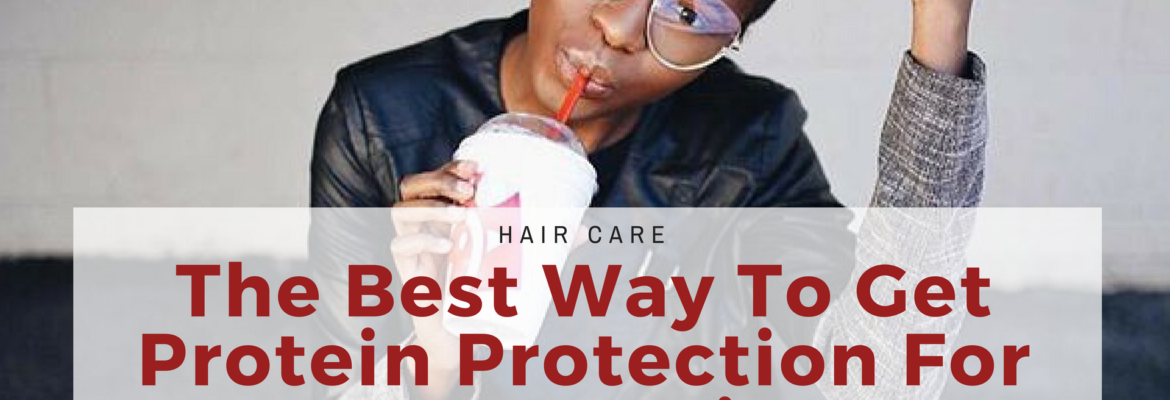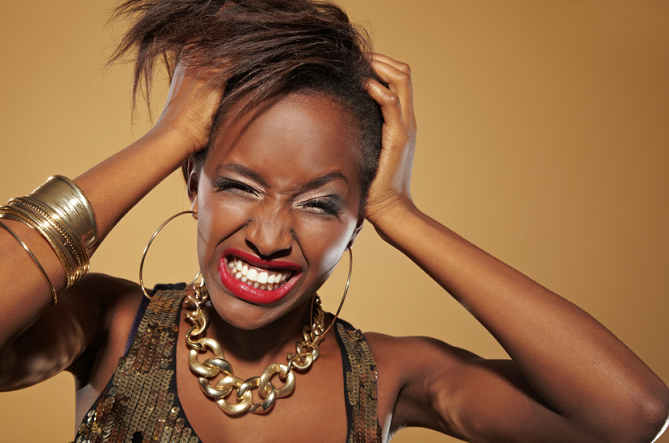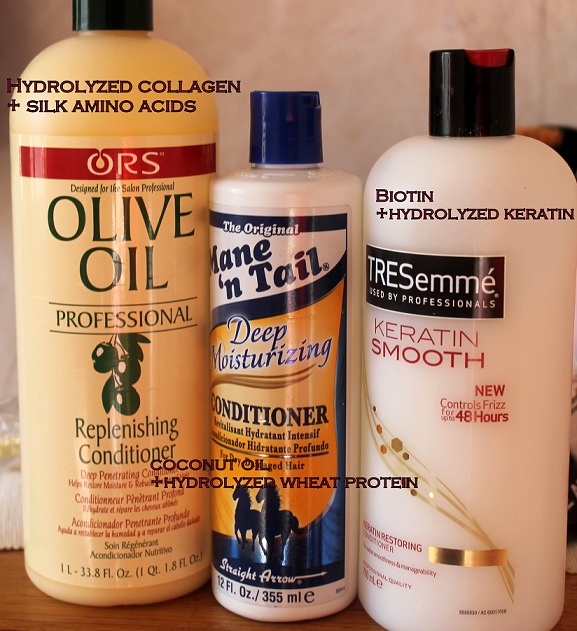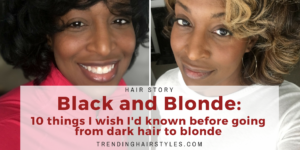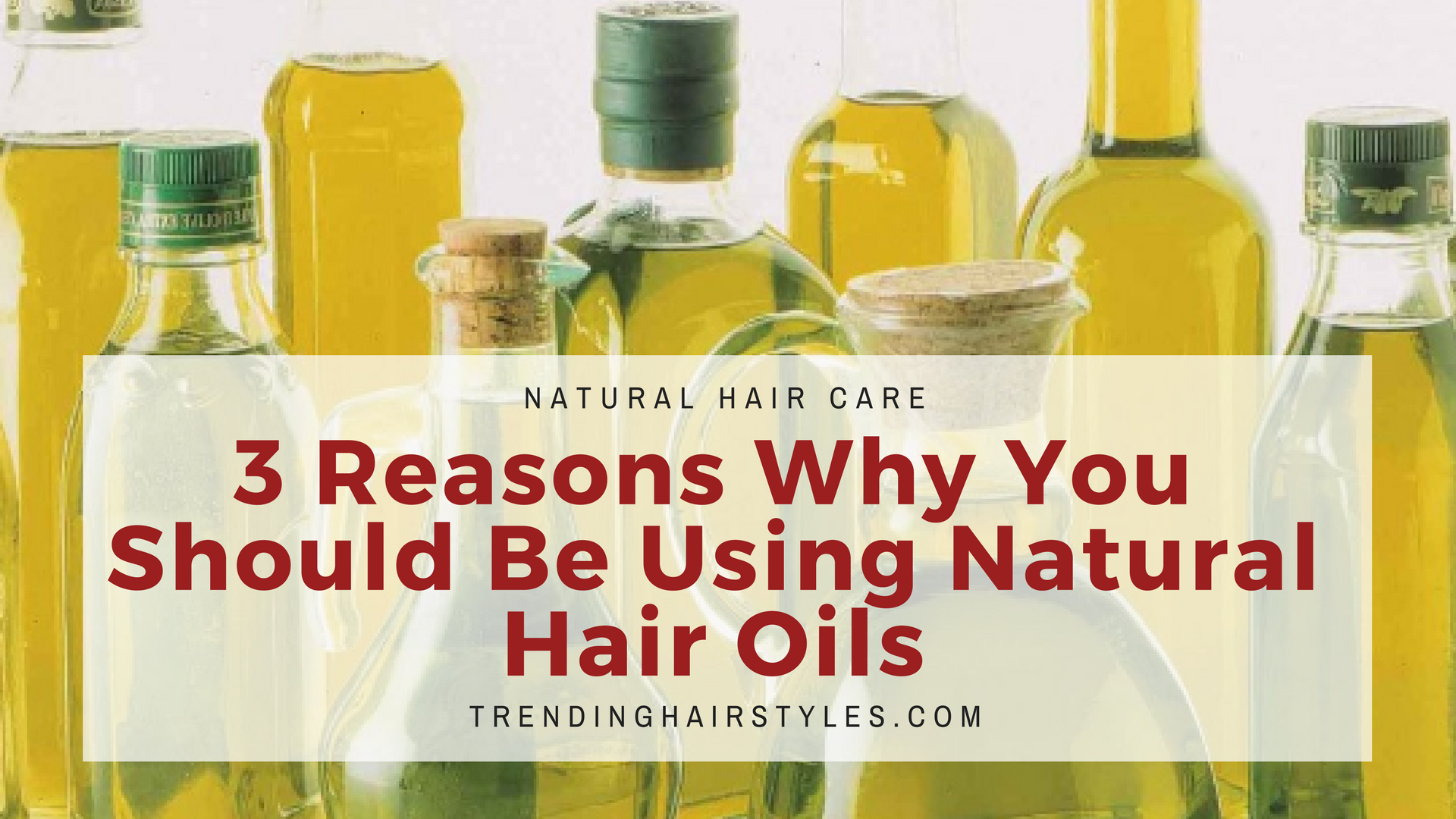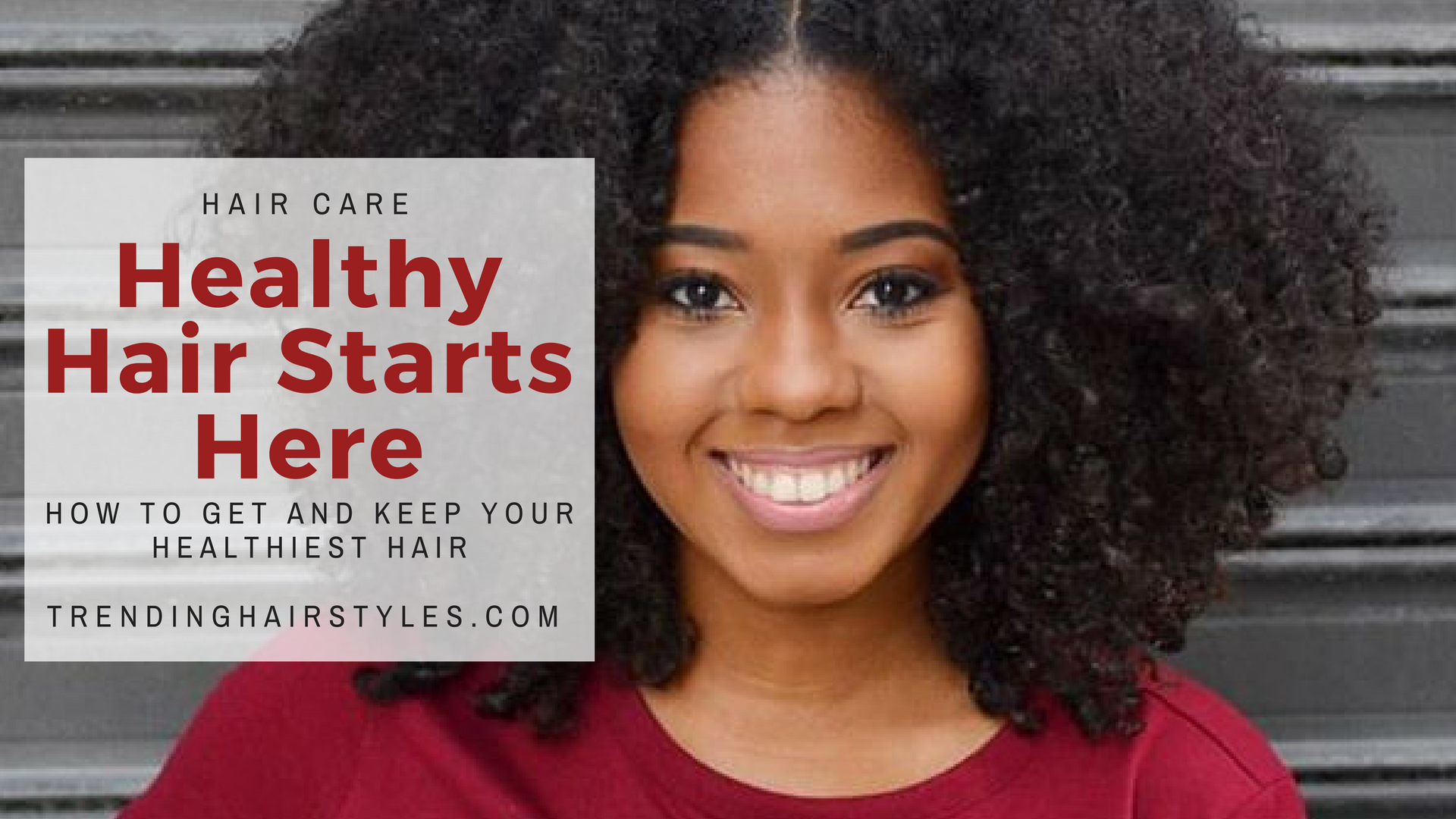How to Protect Your Hair – Protein to Protect Your Tresses
How to protect your hair with protein – at the base of the hair follicles where hair grows from there is something called hair bulb, which is the beginning and key to healthy hair. It is in the hair bulb that all the nutrients form new hair cells. Eventually the new hair cells will grow out and go through keratinization (The process keratin cells from beneath the skin goes through in order to convert into skin and nails).
How to Protect your Hair: Protein-Moisture Balance
Hair is mostly made of protein which is a polypeptide chain ( Better known as amino acids that are bonded together with peptide bonds). The polypeptide chains are connected with three types of side bonds that holds the hair together to become the hair strands on your head. They are listed below in order of distribution.
Salt bonds – Broken down by heat and moisture.
Hydrogen bonds – Broken down by heat and moisture.
Disulfide bonds – Broken down by permanent chemical hair treatments such as relaxer and hair dye.
Each sidebond stands for ⅓ of your hair’s strength so each time you use heat or relax your hair you must replace the loss of amino acids in order to maintain healthy hair. When heat is used too often the natural curl and/or wave pattern will eventually loosen up until they get gone. In my case I experienced the side effects of a unbalanced protein-moisture level since I got not only heat damage but also thinning and brittle hair when I used to relax my hair. Keep reading below if you’re really interested in knowing how to protect your hair!
Related: Deep Conditioning: Moisture Versus Protein
How to Protect Your Hair: Protein Sensitivity
The title above is not an excuse to stop using protein on your hair because most products contains different types of protein such as soy-, collagen- and glycoprotein that each have a purpose for maintaining healthy hair strands. Protein treatments works by temporary reconstructing your hair to strengthen it, which explains the hard feel of your hair after use of protein. The “harder” the protein is the harder it will be for it to dissolve in water. But how do you know if your hair is protein sensitive?
Your ends feel rough and dry.
If your hair reacts to protein and your nails are naturally long and strong, you might be protein sensitive due to the amount of protein in your diet.
All of a sudden your hair is extremely dry even though you moisturize it properly.
Hair breaks off easily when detangling.
If you find that your hair is sensitive to protein you should not use protein and ingredients that mimics protein such as coconut oil often.
Pictured above is the three different protein conditioners that I am currently using. Mane ‘n Tail contains coconut oil and hydrolyzed (Meaning that it has been broken down) wheat protein. The conditioner from Tresemmé contains hydrolyzed keratin and biotin. Organic Root Stimulator is more of a deep conditioner since it should be left on for at least 10-15 minutes. It contains hydrolyzed collagen and silk amino acids. I use a different conditioner depending on the condition of my hair and sometimes I mix them together and/or add other ingredients. You simply have to try different products and treatments to find what will work for you.
Follow Us on Instagram, Facebook, Twitter
You Might Also Like These Articles:
image sources
- TH Cover Images (75): https://youtu.be/87kMMoRRObM

